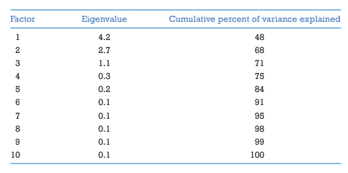What are "civil liberties"?
A) They are freedoms that can only be limited during times of war.
B) They are rights that are extended by state governments at the expense of the federal government.
C) They are rights held by law enforcement officers for purposes of maintaining the peace.
D) They are individual rights that are guaranteed by the Constitution.
E) They are laws that enforce civility between citizens.
D
You might also like to view...
All of the following policies will lower production costs or increase productivity except:
a. Increase incentive to work harder or more. b. Improve human capital. c. Encourage innovation. d. Increase business taxes. e. Lower the costs of regulation compliance.
In the 1970s, Washington Post journalists Bob Woodward and Carl Bernstein published factual, well-researched, and powerful articles on the Watergate scandal that led to what eventual outcome?
a. They published a list of Communist sympathizers employed in government agencies. b. They published accounts of deep-rooted corruption known as the Watergate affair that led to the resignation of President Nixon. c. They introduced the first Internet-based news program. d. They successfully sued the government to lift restrictions against reporting on the war in Vietnam. e. They were imprisoned for secretly spying on the president for publicity reasons.
How many significant factors are there in the following analysis? How many variables were there in the original analysis?

What will be an ideal response?
The White House Office
a. is responsible for managing most aspects of executive branch agencies. b. is larger and more complex because of the expanded responsibilities of presidents and the centralization of tasks that used to be performed in agencies and departments. c. has a budget that is controlled by the President with little congressional input so the President can receive the best possible advice. d. was abolished after Watergate and its responsibilities were returned to the departments and agencies.